It’s not often that you get such a rapturous reception for a new show as Fun Home received and the enthusiasm is a bit more surprising when the music is intricately plotted but not startling or soothing to the ear. Somehow, though, Dean Bryant’s production of this musical from the moment before the plague seems to have hit the spot. This musical drama of a girl coming out as a lesbian and coming to terms with her father who killed himself and was a closeted gay seems to have conquered all comers. It’s one of a thousand instantiations of the Shavian principle that ‘you never can tell’ with the theatre.
In England fifteen or so years ago, I saw a production of Shaw’s play of that name with Edward Fox repeating that line over and over, utterly mannered and utterly relaxed. It was a production by Peter Hall, the man who founded the Royal Shakespeare Company and who took a long time coming around to Shaw, although he eventually recorded the whole of Man and Superman – including the mammoth Don Juan in Hell digression – for BBC radio with Ralph Fiennes as Jack Tanner. Some years later the National Theatre revived that bit of casting which shows the Ralph Fiennes of The Grand Budapest Hotel, the aspect of Fiennes which is most like Rex Harrison who can do comedy so high it seems to reach the heavens although the ideal Jack Tanner will always be Peter O’Toole – an actor, even more than Fiennes, who can balance between the poetry of Shakespeare and the music of Shaw’s prose.
Someone said once, watching the great Canadian actor Christopher Plummer play Caesar in Caesar and Cleopatra – a kindly Henry Higgins in a toga – ‘So much like Shakespeare and so much like Joanna Murray-Smith at the same time’. Shaw, of course, used to pretend that he was better than Shakespeare and it’s interesting that Howard Sackler, the head of Caedmon who did the best spoken word recordings of Shakespeare ever made, got Rex Harrison to record Benedick in Much Ado About Nothing because it’s Shakespeare’s greatest prose comedy part for a male actor and very much in the Shavian mode. His Beatrice was his wife at the time Rachel Roberts – wonderful in Lindsay Anderson’s This Sporting Life and very grand in Peter Weir’s Picnic at Hanging Rock – one of those films that showed – with Fred Schepisi’s The Devil’s Playground and Ken Hannam’s Sunday Too Far Away (and, in a different way, Bruce Beresford’s Don’s Party) that Australians could make films as well as anyone in the world.
It’s a talent Richard Roxburgh practised at the highest level of artistry when he directed Romulus, My Father with Eric Bana as the father, from the notable memoir by Rai Gaita. Roxburgh is an utterly unusual figure of stage and screen because he belies categories. The voice rings in the ear of a famous script writer and speech writer saying to himself of Richard Roxburgh on the set of Passion, the film about the composer, Percy Grainger, ‘Are you actually a leading man at all?’ And this tallies in its way with one of Roxburgh’s most highly regarded performances, as Hamlet, which remains a mystery to some of us.
But here’s a story by way of preamble. A man of famous affability who was also in days of yore a man who liked 15 drinks more than two met Roxburgh in a bar, late some Friday night, and said to him, in his ignorance, ‘And what do you do?’ ‘I’m an actor, in fact.’ ‘Yes,’ the barfly replied with slow but dawning interest, ‘and what are you doing at the moment?’ Roxburgh replied, ‘Well, I’m in a production of Hamlet, actually.’ Oh, yes, this was of mild interest, he was no doubt playing some lord to swell a scene or two. ‘And who are you playing?’ ‘Oh, I’m playing Hamlet, actually.’ That characterisation way back in 1994 was the most celebrated bit of Australian casting in Shakespeare before Geoffrey Rush did his Sydney Theatre Company King Lear and like it was directed by Neil Armfield.
It had a rave reception but Roxburgh’s reticence made sense because the performance seemed recessed as though the actor found no image of his histrionic persona in the mirror of the role which usually happens with the world’s wilderness of variegated Hamlets because they all play themselves. For all its technical accomplishment, Roxburgh’s great performance of this period is not his Hamlet but his Roger Rogerson in Blue Murder, a performance of extraordinary towering authority and menace. And, of course, there’s his starry familiar role as the legal fool behind every casual catastrophe in Rake. He is one of those weird star actors who is such not by vaulting ambition and glamour but because he is a consummate character actor. Like Alec Guinness, or, indeed, like Geoffrey Rush, who played Horatio in that Hamlet (Cate Blanchett at one point played Ophelia).
Now Richard Roxburgh is scheduled to play Prospero, the magician, in The Tempest for the Sydney Theatre Company at the end of the year. Like Hamlet Prospero shows Shakespeare holding a mirror up to the histrionic nature though in this case to the director, the puppet master, the playwright: ‘We are such stuff as dreams are made on’ and then the invocation of ‘the great globe itself,’ punning on the name of the theatre. Alec Guinness would have been a Prospero from heaven and there’s no reason to think Roxburgh with his meditative understatement will not glow.
Richard Nixon did not say Zhou Enlai was a dream of a director but he said he understood world politics better than anyone he’d met and he was part poet and part pragmatist. It’s 50 years since Tricky Dicky met the greatest foreign minister of the twentieth century and what mirror can we hold up to that? He thought Mao Tse Tung the revolutionary was pure poet, God help us.
The meeting of Nixon and Kissinger with Zhou Enlai and Mao Tse-Tung is one of those decisive turning points in history. They succeeded in feeding millions of Chinese people and yet the famines, the massacres, the cost. What a cinematic masterpiece we could imagine Chen Kaige making about Zhou Enlai.
Got something to add? Join the discussion and comment below.
Get 10 issues for just $10
Subscribe to The Spectator Australia today for the next 10 magazine issues, plus full online access, for just $10.
You might disagree with half of it, but you’ll enjoy reading all of it. Try your first month for free, then just $2 a week for the remainder of your first year.

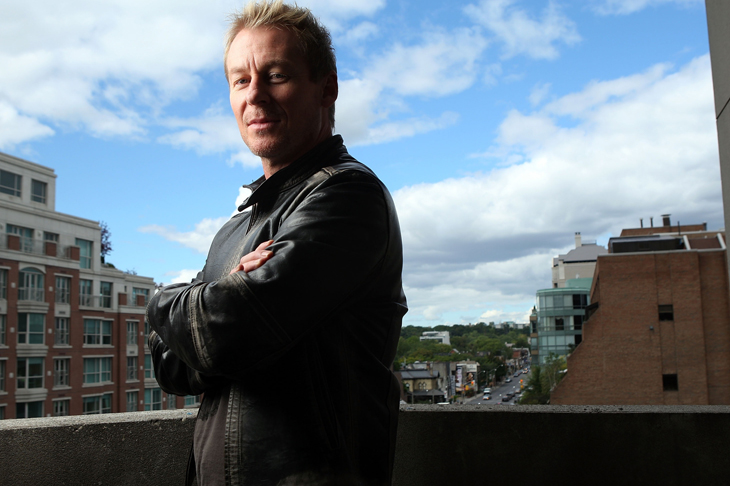
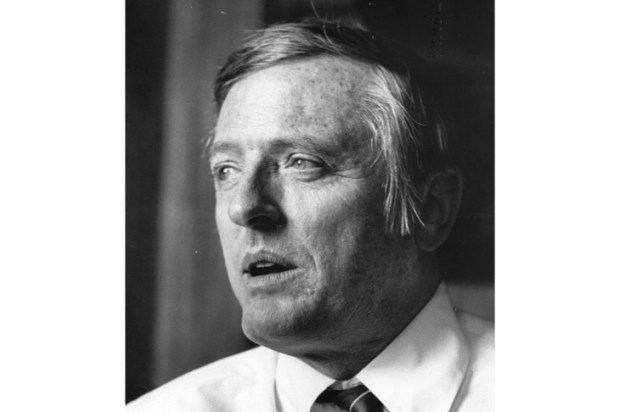
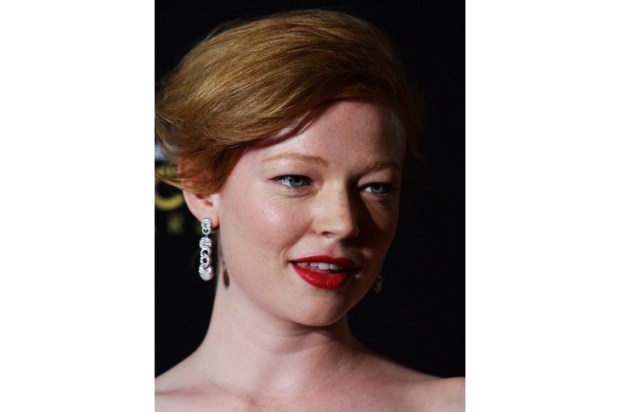

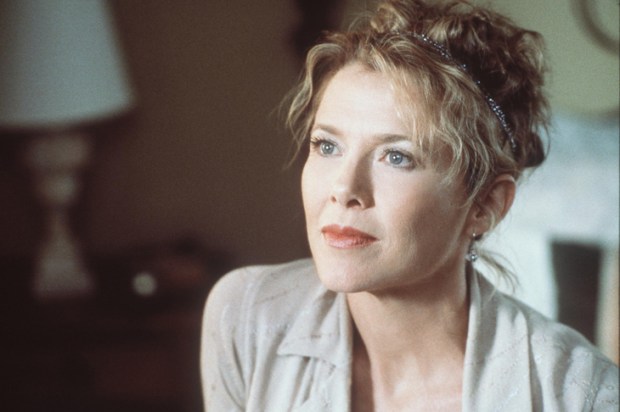
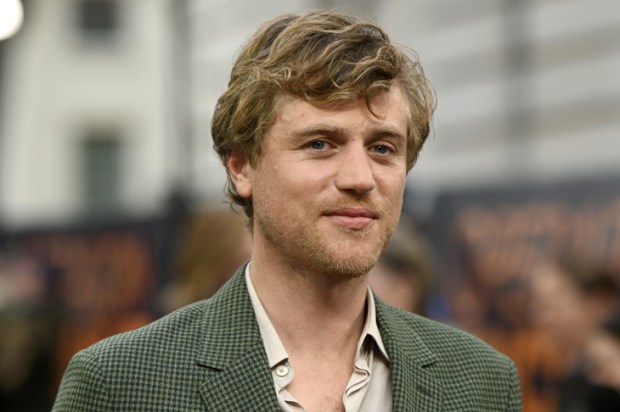
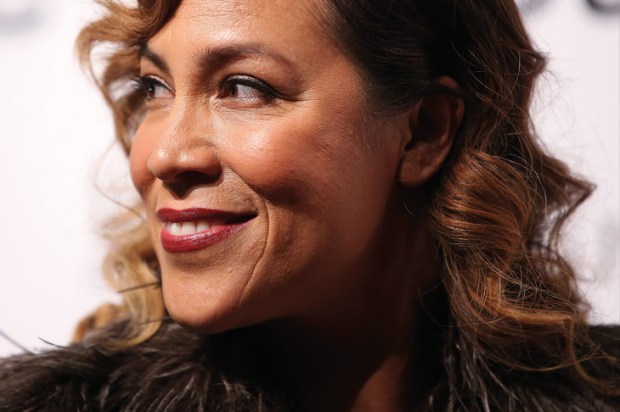






Comments
Don't miss out
Join the conversation with other Spectator Australia readers. Subscribe to leave a comment.
SUBSCRIBEAlready a subscriber? Log in